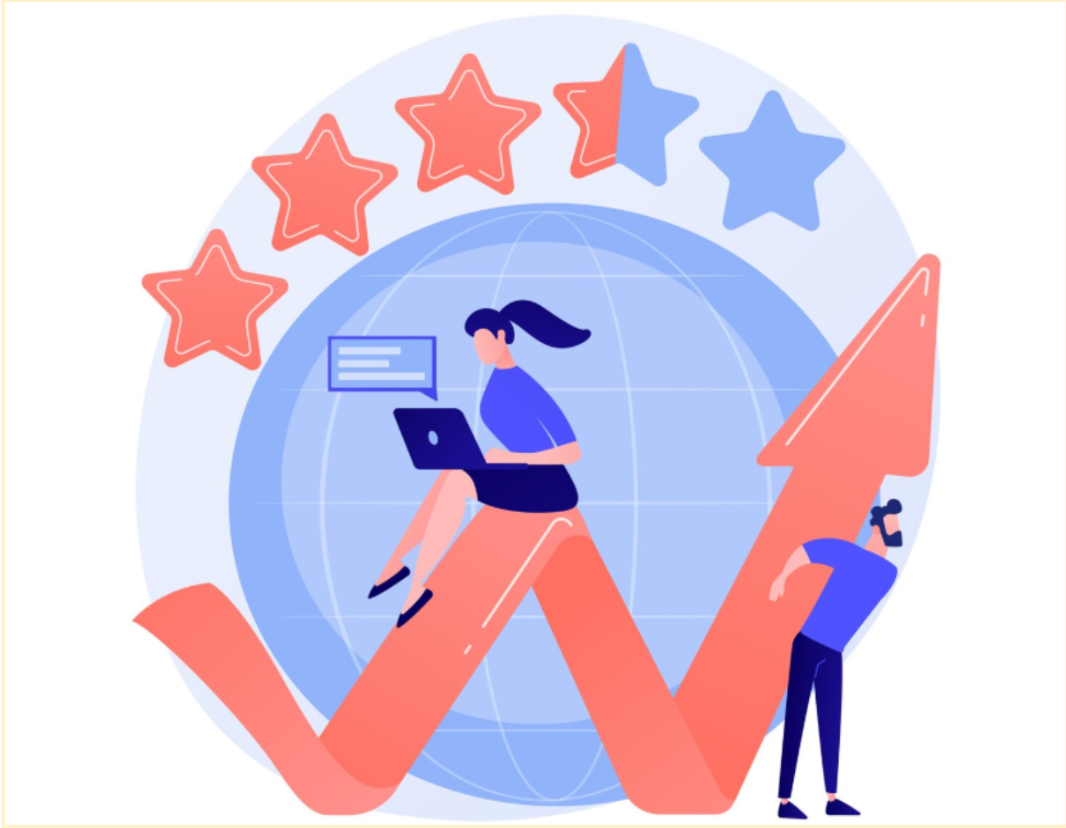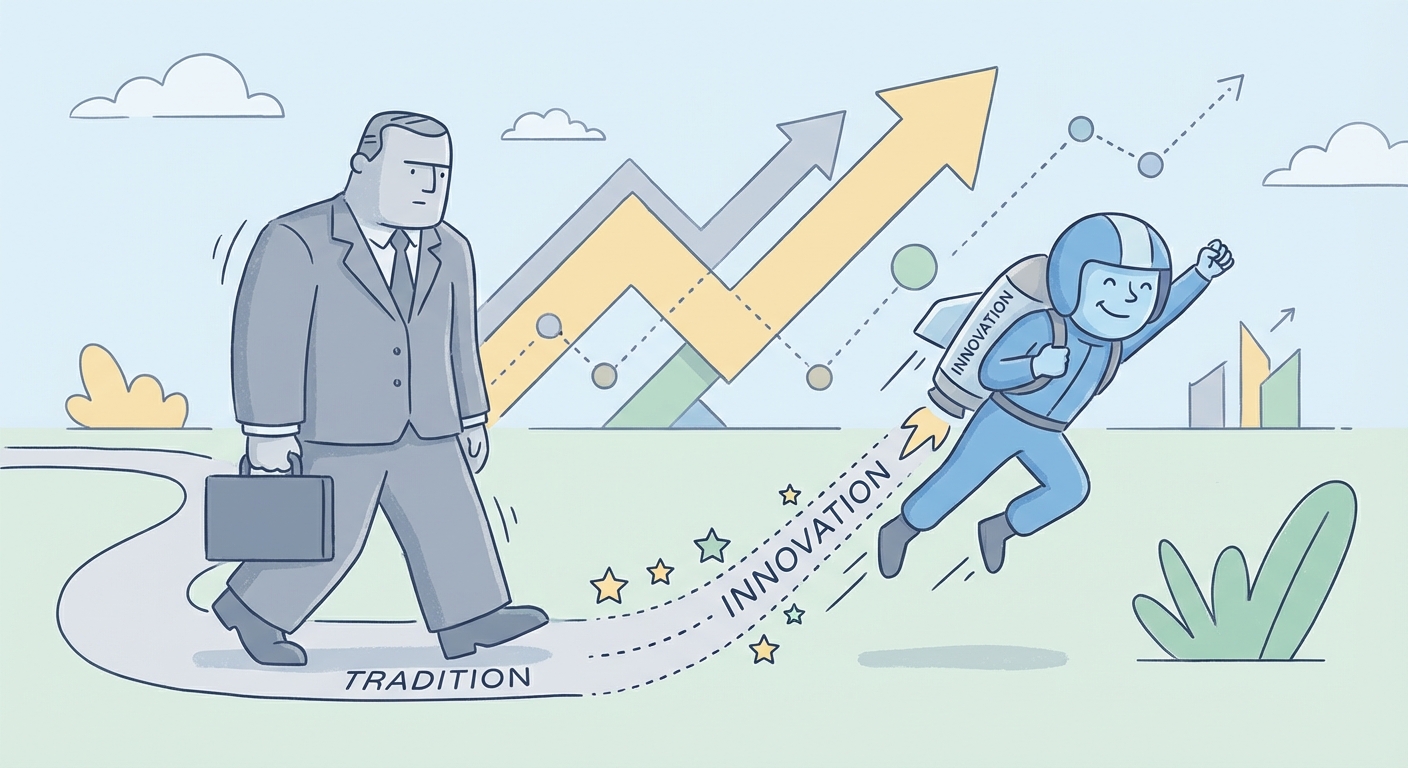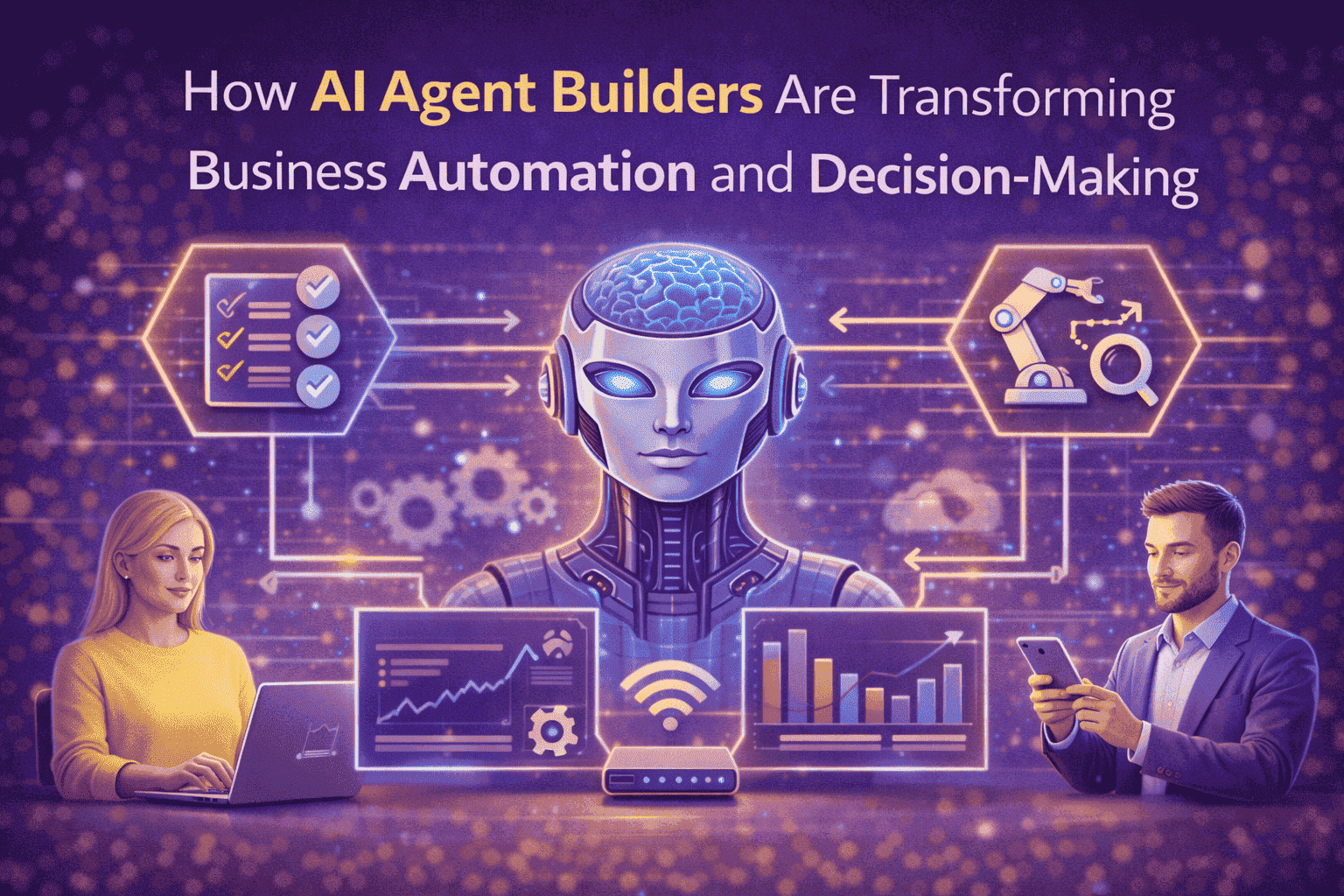How AI Is Transforming B2B SaaS Education Platforms and Employee Development
Artificial intelligence is no longer just a concept in corporate training—it is actively reshaping how employee development is managed and delivered through B2B SaaS platforms. Businesses now gain access to personalized learning support, real-time insights, and streamlined management tools that make workforce training more efficient and adaptable. This transformation allows corporate training to move beyond traditional, one-size-fits-all approaches and instead focus on meeting individual employee needs with precision.
You are now witnessing AI tools assisting corporate trainers and HR managers in tracking employee progress, adjusting training modules, and providing immediate feedback. AI-powered SaaS education platforms enable businesses to scale their training efforts by providing customizable dashboards and real-time analytics, ensuring personalized learning journeys for thousands of employees simultaneously. These innovations not only support personalized instruction but also enhance organizational efficiency by streamlining progress tracking, performance management, and resource allocation.
As workplaces and training systems evolve, you benefit from smarter, more accessible professional development opportunities. With AI enhancing engagement, analytics, and accessibility, corporate training becomes less about administrative tasks and more about improving employee outcomes and organizational growth.
Key Takeaways
AI is transforming how corporate training is managed and delivered through B2B SaaS platforms.
Technology enhances personalization, engagement, and efficiency in employee development.
Smarter systems create more accessible, adaptive, and effective training for a global workforce.
AI-Driven Transformation in Corporate Training Management
Artificial intelligence is reshaping how you manage corporate training by enabling smarter tools, personalized learning paths, and streamlined operations. These changes affect both how employees learn and how you organize, track, and deliver training programs.
The Rise of AI-Powered Learning Systems and Intelligent Training Platforms
AI-driven learning systems and intelligent training platforms (ITPs) provide employees with real-time guidance that adapts to their responses. Unlike static training modules, these systems analyze performance data to adjust training content, recommend new learning opportunities, and modify the pacing of the training program.
Platforms like ProProfs LMS Docebo, Cornerstone OnDemand, and other AI-powered learning management systems (LMS) allow companies to offer scalable, self-paced training options. These platforms enable learners to practice independently while still benefiting from adaptive feedback. They also provide managers with valuable insights on employee performance, making it easier to focus training efforts where they’re most needed.
With AI tools highlighting areas where employees struggle the most, you can dedicate training time to higher-value interactions rather than repetitive reviews of already mastered skills. By integrating human expertise with AI-driven training platforms, you create a hybrid approach that offers personalized support and scalable training for your entire workforce.
Personalized Learning Paths and Adaptive Learning
AI-driven corporate training emphasizes personalized learning paths that adapt to each employee’s strengths, weaknesses, and career goals. Rather than following a single curriculum, employees progress at their own pace, with targeted exercises, recommendations, and resources specifically designed for their needs.
Adaptive learning systems use algorithms to adjust the difficulty level, suggest resources, and set practice schedules that align with each employee’s learning style and progress. This ensures that employees neither stagnate in mastered areas nor advance without grasping essential concepts.
For managers and HR professionals, this means less time spent manually adjusting training programs. AI tools can generate custom learning plans tailored to individual employees, while you refine them based on your organizational goals and leadership insights.
Employees with diverse learning needs, including those with disabilities or those who require different teaching styles, can also benefit from these systems. AI tools can provide various formats for learning materials, alternative explanations, and adaptive practice methods, increasing overall accessibility in training programs.
Automation and Streamlined Training Workflows
Beyond content delivery, AI improves the management side of corporate training by automating administrative tasks such as scheduling, progress tracking, and initial assessments. This reduces the workload on HR departments and allows for more time to focus on strategic initiatives.
AI-powered SaaS platforms often integrate these features through APIs, automating the generation of progress reports, analyzing employee engagement, and recommending intervention strategies. This streamlines workflows and ensures that training efforts are efficiently scaled without sacrificing quality or personal attention.
Additionally, when training programs include assessments or certifications, integrating online proctoring software ensures exam integrity and helps organizations maintain credibility while scaling remote learning environments.
Tutoring Management Software for Tutors
AI-driven tutoring management software for tutors plays a crucial role in transforming the way educational services are delivered. These platforms help tutors streamline administrative tasks such as scheduling, lesson planning, student progress tracking, and communications. By integrating AI, these systems can generate real-time reports on student performance, provide feedback based on each learner's needs, and suggest personalized learning activities. For tutors, this software reduces the time spent on repetitive tasks, allowing them to focus more on providing personalized instruction. With intuitive dashboards and automated progress tracking, tutoring management software enhances efficiency and ensures that tutors can provide high-quality, customized support to each student, regardless of their location or the number of learners they support.
Employee Engagement and Gamified Learning
B2B SaaS corporate training platforms use gamification to boost employee engagement, reduce turnover, and increase ROI for training programs. Features like points, badges, progress tracking, and leaderboards encourage learners to stay engaged and motivated to meet their learning goals.
AI further adapts these gamified activities to individual employee performance. For example, if an employee struggles with a particular concept, the system can adjust the difficulty level or suggest alternative exercises to help them improve. This ensures that training is personalized, keeps learners engaged, and prevents frustration from overwhelming tasks.
In both corporate training and leadership development, AI-driven simulations allow learners to practice decision-making skills in a safe, virtual environment. These simulations provide immediate feedback, helping employees improve their decision-making abilities and develop real-world skills.
When integrated into an LMS, gamified elements also provide detailed records of employee engagement, allowing HR managers to track which activities foster the most participation. This enables companies to adjust training content for maximum impact.
AI Analytics and Predictive Insights
AI-powered analytics provide more than just completion rates or test scores. By combining data from LMSs, assessments, and interactive activities, AI-driven predictive analytics can identify patterns in employee behavior, offering actionable insights.
For instance, if an employee consistently delays completing tasks, the system can flag this as a potential sign of disengagement or skill gaps. Predictive AI can notify managers to intervene or provide targeted support through AI chatbots, further improving the overall learning experience.
These insights are not limited to training alone. In the professional development space, predictive analytics can help businesses identify emerging skills gaps and track workforce performance to ensure employees are meeting their career development objectives.
AI also supports cybersecurity in training management systems by monitoring unusual patterns in data usage, ensuring sensitive employee data remains secure while still benefiting from analytics-driven insights.
Expanding Access and Equity in Corporate Training
AI SaaS platforms democratize access to corporate training by offering scalable, cloud-based solutions that businesses can deploy globally. This ensures that companies can provide personalized, adaptive learning experiences to employees in remote or underserved regions, offering consistent feedback without relying solely on in-person instructors.
For employees in remote or underserved regions, AI-driven learning management systems provide opportunities for continuous development. Features like language translation and voice interaction break down barriers for non-native speakers and employees with disabilities, making training more inclusive.
AI also contributes to increased equity in corporate training by reducing administrative overhead costs. By automating grading, scheduling, and reporting, AI-powered platforms allow businesses to reallocate resources toward more targeted, employee-focused support.
In global organizations, AI ensures that employees across different locations receive the same level of training. Adaptive modules adjust to each learner’s pace, making professional development more consistent and equitable for employees in different regions or with different skill levels.
Conclusion
AI is playing an increasingly vital role in corporate training management by supporting personalized learning, streamlining administrative tasks, and providing data-driven insights. These tools help businesses focus more on employee development and less on routine management.
AI does not replace human trainers or managers but instead enhances how you guide and support employees in their learning journeys. With the right balance, AI can be a powerful tool to create more efficient, accessible, and adaptive corporate training environments.
Adopting these technologies requires addressing privacy concerns, ensuring equity in access, and providing necessary training for HR professionals. By tackling these challenges, you can harness AI to strengthen corporate training while ensuring that employee needs are always at the forefront.





